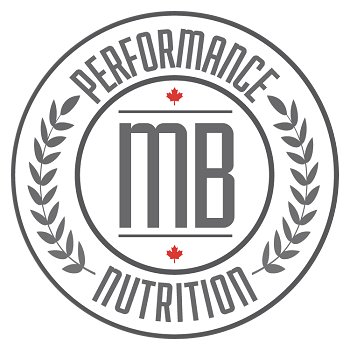Last updated on January 11th, 2024
Maybe the term OFF-SEASON doesn’t resonate with you. This phase of your training cycle can also be called the transition cycle or transition period.
This annual period of rest is important because it allows you to recuperate from the season and lay the groundwork for the next training phase.
Which brings me to the first mistake I often see OCR athletes make in their off-season.
Not Training At All
Your off-season is not the time for passive, aimless periods where nothing useful happens.
This is still an important phase of your training cycle – you want to maintain your aerobic conditioning but the level of training might be just one-quarter of what you did during the preparation cycle (also known as the base cycle or foundation cycle that you do for 16-20 weeks to prepare for summer racing).
While the focus is different in this phase (as it should be in each training cycle), the commitment and purpose is unchanged.
The beginning of the off-season cycle may start with two to four weeks of complete rest from running, but you’ll participate in other activities that provide active recovery.
When you return to running, do it slowly (two runs per week for the next two to four weeks).
Set an end date for your off-season so you know when you are moving into your preparation training cycle.
Training Too Hard
The second most common mistake I see OCR athletes making in their off-season is the opposite of not training at all.
Many athletes either don’t take off the appropriate rest period or they don’t reduce their training volume and intensity enough.
You should have at least a four to eight-week-long period without any races where you scale back your training substantially.
Winter is a great time for strength training, which will improve your running time, assist in preventing injuries, improve bone density and increase your range of motion.
You can also include light jogging, working on your running form with a running coach, interval work, cross-training, stairs or hill work as long as you keep in mind the volume and intensity should be lower during this time than in any other training cycle.
This is also one of the best times to focus on body recomposition if that is your goal; which makes it even more important to scale back the training if you’ll be reducing your energy intake.
Going on a Diet
Speaking of body recomposition, going on a named diet (think Paleo, keto, Atkins, Whole30, 21 Day Fix, etc.) is not really appropriate for endurance athletes.
An appropriate goal would be improved performance, which isn’t always associated with weight or fat loss.
Generally, the opposite happens. When OCR athletes follow typical weight-loss diets, their performance suffers.
Weight-loss diets are designed for the non-athlete. They don’t supply athletes with enough energy to support hard training. Even in an off-season cycle, there are better ways to improve your body composition without going on a diet.
Eliminating specific foods or entire food groups can cause nutrient deficiencies, plus it’s not sustainable.
Instead, you want to focus on improving the quality of your diet, learning your hunger and fullness cues, balancing your energy sources appropriately for the training cycle you’re in and self-monitoring for success.
These are the same habits I teach athletes year-round. They work in every training cycle so that you’re never on or off a diet.
Stopping Racing Diet
Have you ever found yourself looking forward to off-season because it means you can indulge in all the beer, pizza, donuts and wings you want?
Another common mistake I see OCR athletes make in the off-season is coming “off” their racing diet. These athletes typically haven’t built solid nutrition habits, so they treat the season as being “on” a diet and the transition cycle as being “off” their diet.
So they end up gaining too much weight or body fat during the off-season and have a bigger hole to crawl out of once they begin their prep cycle. At this point, many athletes demonize certain foods as the cause of their weight gain and go back on a diet.
Those foods aren’t the problem. Your portion control is the problem. Just like your training scales back in the off-season to be at its lowest volume and intensity of the year, your diet needs to scale back appropriately.
Far too often I have athletes reaching out to me 12-16 weeks before their most important race of the season because they feel they need to lose 10-20 lbs.
At that point, it’s too late.
Body recomposition should be addressed in the transition and prep cycles so you don’t negatively impact your performance. Once you move into your build cycle and your training ramps up in volume and intensity, it’s no longer appropriate to focus on fat loss.


